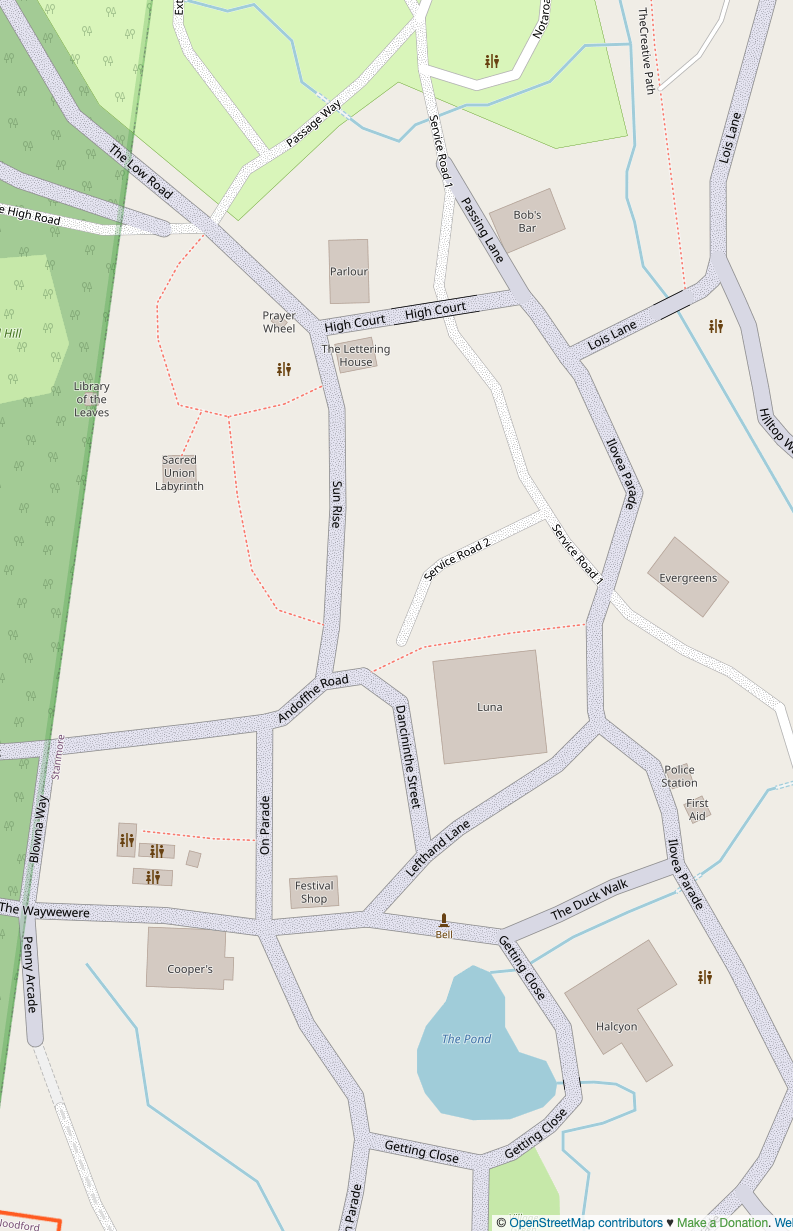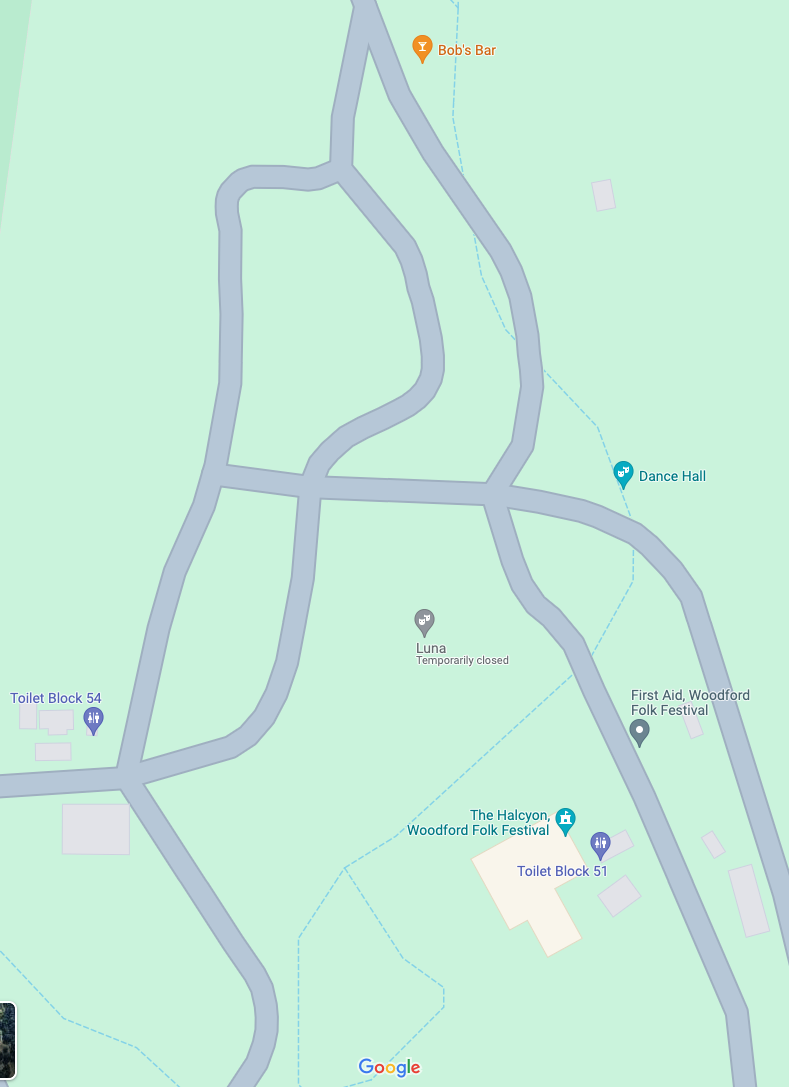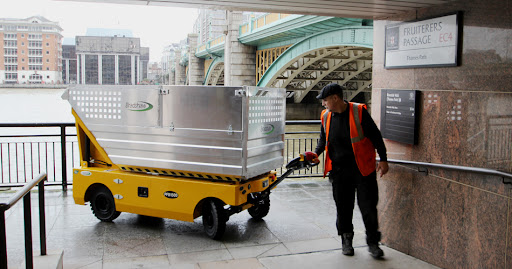

Some of us don’t like watching beloved musical instruments destroyed. We also don’t like how so many people think watching TikTok on an iPad is “music”.
When my father died, my sister didn’t give a shit about the house. She just wanted the guitar - which our father (a drummer) inherited when the lead guitarist in his band died. The guitarist had two dozen guitars but was his favourite.
It’s close to a century old, nobody knows what trade secrets the luthier who created it used to get that sound, and no other instrument sounds the same. It’s been used on stage in countless live performances on every continent in the world and has been used to record over a hundred songs in professional recording studios. It was used to play music at the funeral of both the previous owners and it’s literally impossible to replace.
I get it, not every instrument is that special… but this instrument wasn’t that special either when the first guitarist ever picked it up. Nearly all instruments have the potential to become that special… and Apple created a video dedicated to destroying a bunch of them while also implying that listening to an MP3 is as good as an actual instrument. No way.





Twitter used to be bigger than it is now and it also used to have less spam. So clearly size isn’t the problem.
The problem with twitter is Musk fired all the people who spent their day figuring out how to hide (or just delete) shitty content.